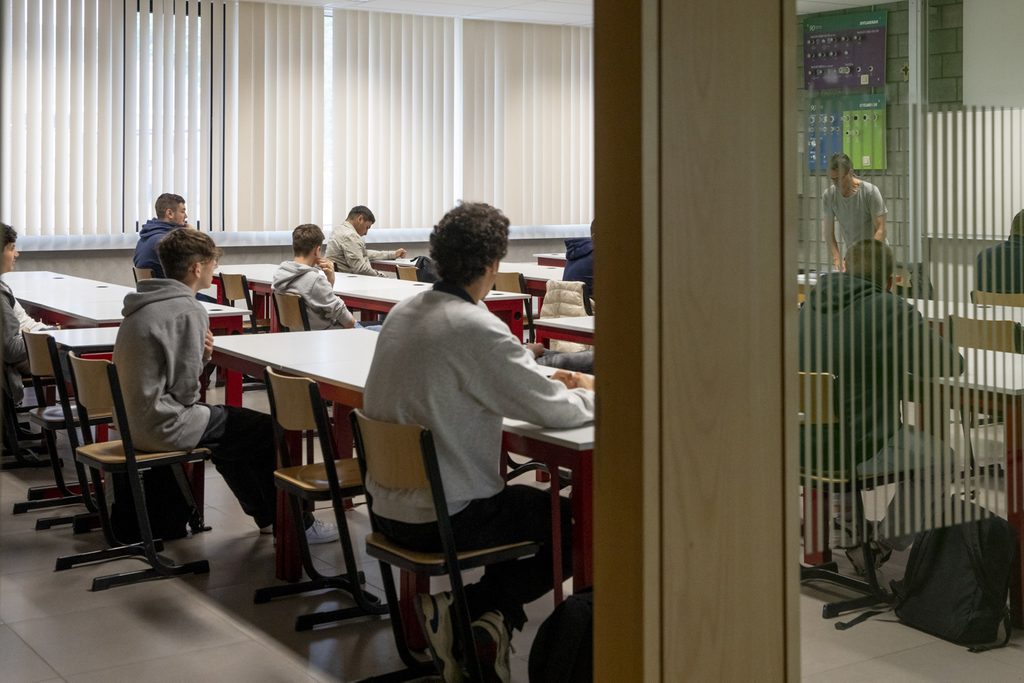Three quarters of parents surveyed by the Federation of Parents' Associations of Official Education (FAPEO) denounce the use of physical and psychological punishment in French-speaking Belgian schools and have called for a comprehensive ban, La Libre Belgique reports.
Flanders will soon create a framework to this end, preventing some forms of violence. However, in the French Community Government, which is responsible for French-speaking education, there is currently no comprehensive ban on violent corrective discipline against students.
Last month, the French-speaking Parliament tabled a vote to ban so-called "educational violence" in all forms. The draft decree is set to be voted on in a plenary session today (Wednesday).
Growing discontent
The new legislation comes amidst growing discontent around the punishment of children in Belgian schools. Indeed, a study conducted by FAPEO last year revealed public support for the proposal, with around three quarters of the 510 respondents in favour of an explicit ban.
The organisation Stop VEO enfance sans violences ('Childhood without violence') describes violence within an educational context in a number of ways. It may include physical violence (spanking, slapping, ear-pulling, pushing, or withholding food), psychological violence (guilt-tripping, blackmail, threats, abandonment, or blanking), as well as verbal abuse (shouting, insulting, mocking, or humiliation.)
Some incidents reported by former pupils include being forced to wear a dunce cap, being struck with objects from across the classroom, being threatened by teachers, being struck on the hand at as young as four-years-old, spanking, or being called fat by staff. These punishments were often dished out to students with dyslexia or other disabilities.
These forms of punishment, FAPEO notes, have a proven negative impact on the development of children. "The harmful effects of violence, in the short and medium term, have been demonstrated by numerous studies," the group argues.
Towards a comprehensive ban
91% of respondents of the survey said that these types of punishments had a negative impact on childhood development. Another 78% said that they should be banned both in the private sphere and at school, while as many as 77% said that a ban on these punishments would be a step forward for children's rights.
FAPEO believes that these forms of violence are frequently overlooked in discussion about violence at school, with attention instead being focused on violence committed by students. More than three quarters of those who answered the survey reported that they had witnessed bullying from teachers towards students, while fewer said they had personally experienced it.
Related News
- 'Left to own devices': Some 20 pupils suspended from school every day
- Wallonia school punishes 4 year-old by binding hands together with tape
The parents' association is in favour of the comprehensive ban, proposing a system of discipline based on non-violent communication, positive discipline, and improvements in the structural condition of schools.
"Contrary to those who would like to subdue young people and restore authority, we affirm that we are experiencing a crisis in our ability to protect young people from all forms of violence and to give them power in the democratic arena," the group concluded.

